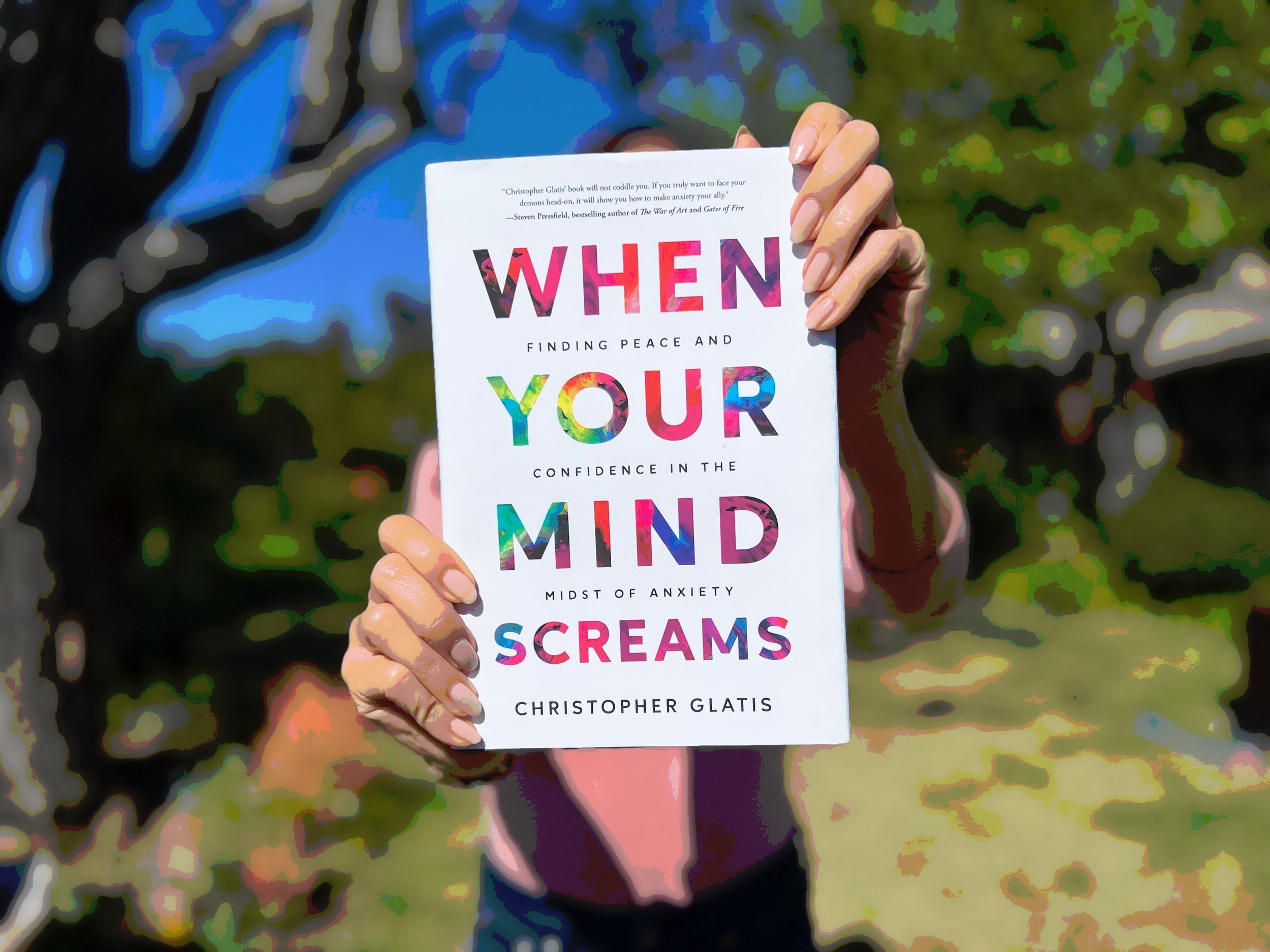
When Your Mind Screams
Finding Peace and Confidence in the Midst of Anxiety
Christopher Glatis is a filmmaker and lifelong seeker who was diagnosed with an anxiety disorder soon after entering college. Motivated to overcome what he initially saw as a weakness—a problem to be solved—he made it his mission to learn all he could about how humans heal.
He worked with therapists, men’s groups, yogis, empaths, Western and Vedic astrologers, and tantrikas. He attended silent meditation retreats, convened with monks on mountain tops, and experimented with psychedelic therapy. In doing so, he discovered that the most potent practices and lifestyle adjustments were simple in their essence yet deeply profound in their impact. And reworking your response to anxiety instead of fighting it is the key to recovery.
In When Your Mind Screams, Glatis shares how he demystified and embraced his anxious life through BREATH, OBSERVATION, and the practice of LETTING GO. Glatis' refreshing perspective and practical advice will show you how to reforge your relationship with anxiety, find relief, and take your life back.
Download a free chapter of WHEN YOUR MIND SCREAMS, my Amazon Bestseller.

-
"Anxiety is resistance. Plain and simple. Christopher Glatis’ book will not coddle you. If you truly want to face your demons head-on, It will show you how to make anxiety your ally."
— Steven Pressfield, bestselling author of The War of Art and Gates of Fire
-
"Christopher has turned the microscope on himself and shared his own intimate story, revealing his discoveries through straightforward advice, meditations, and steps that will help you ease anxieties and find more joy."
— Julie Brown Yau, PhD, developmental trauma therapist and author of The Body Awareness Workbook for Trauma
“I know there are hundreds if not thousands of books on the subject. Some clinical and boring, some overwhelming, and some simple and basic. And when you get right down to it, the concepts and tools are all the same. The ones that REALLY work you can usually count on one hand. I’ve tried to make this book simple. Simple concepts, simple ideas, simple practices. Because complexity breeds anxiety.”



